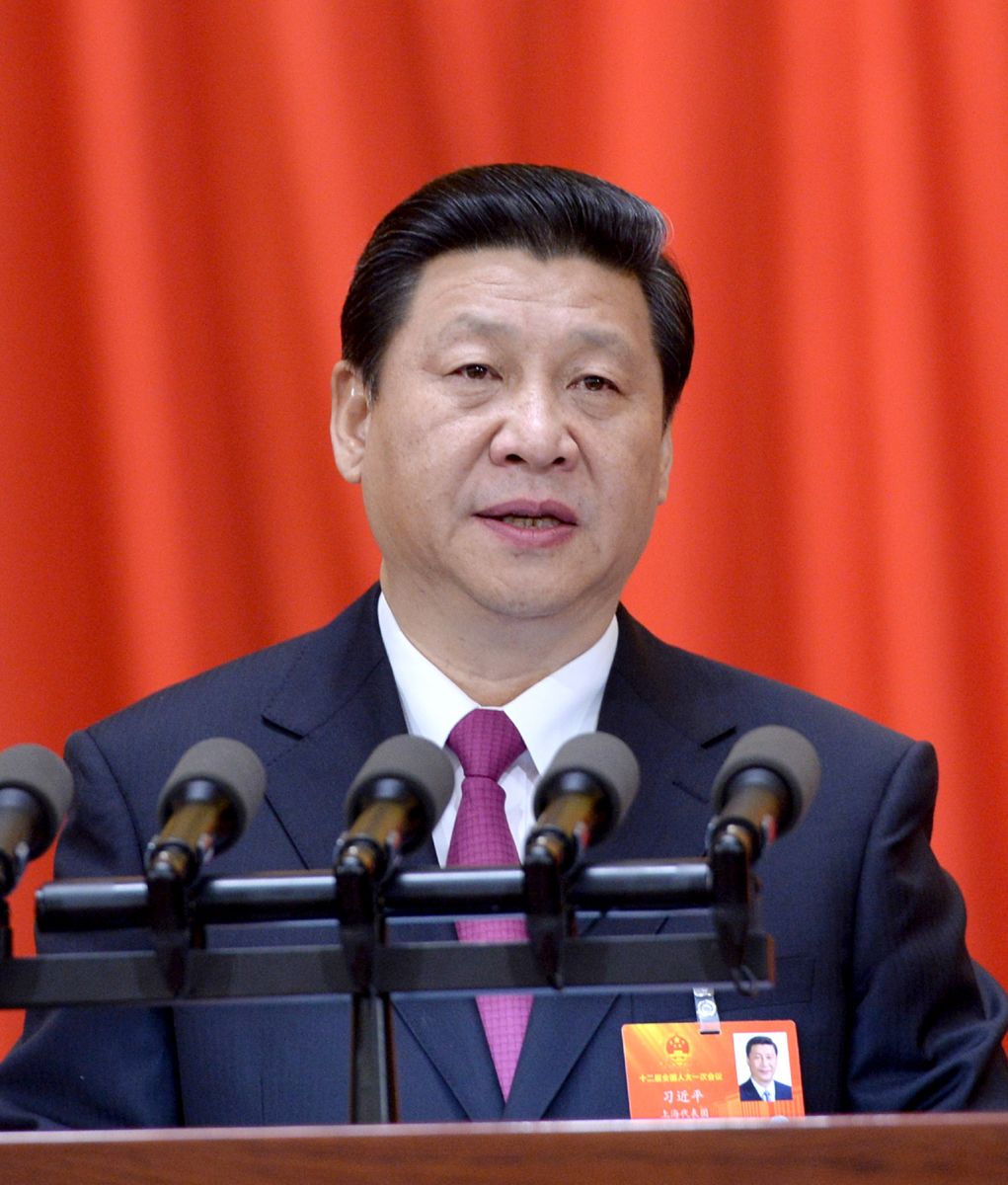
China Takes A Great AI Leap: Inside the Trillion-Dollar Push to Dominate Global Technology
Jul 21, 2025 |
👀 41 views |
💬 0 comments
In what is arguably the most ambitious and well-funded national project of the 21st century, China is investing staggering sums of money and state power into a singular goal: to become the undisputed global leader in artificial intelligence by 2030. This is not merely a tech race; it's a centrally-planned, all-out effort to reshape the global balance of power, with profound implications for technology, economics, and geopolitics.
Evidence from government policy documents, state-backed funding initiatives, and on-the-ground development points to a multi-pronged strategy, backed by an estimated $150 billion in public and private funding already committed, with plans for that figure to eventually exceed a trillion dollars. This national crusade, often referred to as the "New Generation Artificial Intelligence Development Plan," treats AI supremacy as a national destiny.
The Chinese government's approach is a potent fusion of state direction and private enterprise dynamism, focused on several key areas:
Massive Data Advantage: With a population of over 1.4 billion and a widespread culture of mobile payments and e-commerce, Chinese companies have access to vast datasets that are unparalleled anywhere else in the world. This data is the lifeblood of AI, giving China a fundamental advantage in training more sophisticated and accurate models.
State-Championed Tech Giants: Beijing actively supports its national tech champions like Baidu, Alibaba, Tencent, and Huawei, encouraging them to spearhead AI research and implementation, creating a powerful synergy between government goals and corporate execution.
Focus on Practical Application: While the West has often led in foundational AI research, China excels at rapid implementation. The country is aggressively integrating AI into every facet of its society, from facial recognition-powered "smart cities" and autonomous manufacturing plants to AI-driven military hardware and state surveillance systems.
Hardware Self-Sufficiency: In response to U.S. restrictions on chip exports, Beijing is pouring billions into its domestic semiconductor industry. The goal is to break its reliance on foreign technology and create a secure, self-sufficient supply chain for the powerful chips that AI development depends on.
The geopolitical consequences of this concerted push are already being felt across the globe. China's AI-powered surveillance technology is being exported to other authoritarian regimes, creating a new sphere of technological influence. Its rapid progress in military AI is a source of major concern for the Pentagon and Western allies, accelerating a new global AI arms race.
Economically, China's aim is to leapfrog other nations, moving from the world's factory to its "smart factory," dominating the next generation of high-tech industries.
This is not a quiet, academic pursuit. It is a loud, clear declaration of intent. China views artificial intelligence not just as the next frontier of technology, but as the central pillar of national power in the 21st century. As this great AI leap continues to accelerate, the world is watching, bracing for a future that will be profoundly shaped by the outcome of this race.
🧠 Related Posts
💬 Leave a Comment
